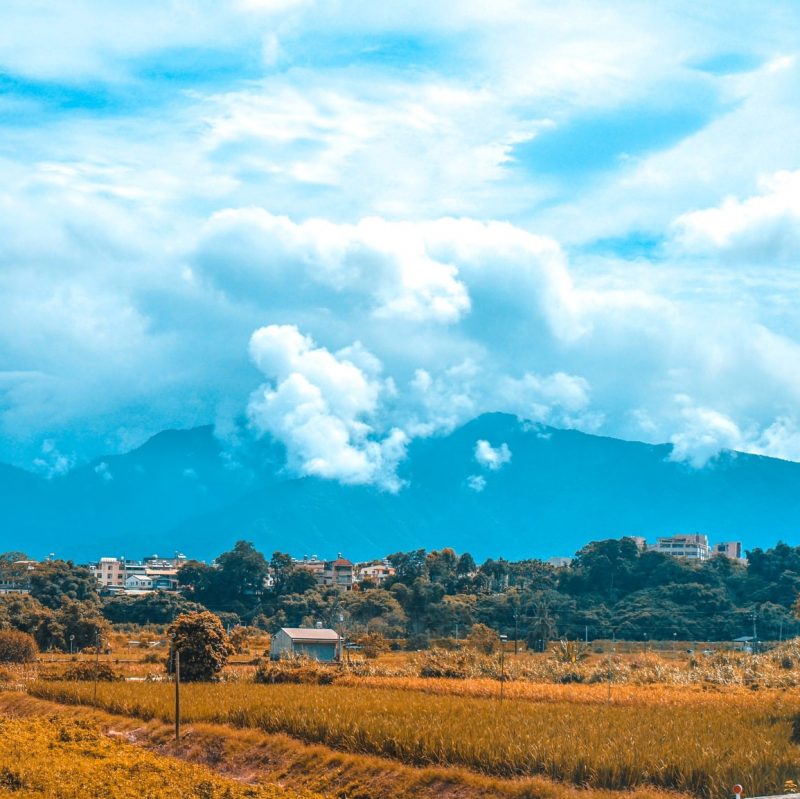
Scientists have long wondered if earthquakes might be more predictable or adhere to a “season” the way weather phenomena such as tornadoes and hurricanes do. In one study conducted in Taiwan, at least, the answer seems to be yes. The study was published April 14, 2021, in the peer-reviewed journal Science Advances. In it, researchers revealed a link they discovered between a seasonal rainfall cycle and the timing of earthquakes.
The team of researchers from Taiwan, Canada and the United States studied why large earthquakes in Taiwan seem to happen more often during the dry season. Taiwan has a rainy season that runs from about May to September, with much of the precipitation arriving via typhoon. In contrast, the months of October through April tend to be much drier.
The variation in precipitation over the course of a year dramatically affects the level of the groundwater. Researchers suggested that times of low groundwater levels, when there are empty cavities below ground, might correspond to and somehow trigger some of the many earthquakes Taiwan experiences. To test their theory, they collected both earthquake and rainfall data for the country going back several hundred years and examined satellite data that gave them insight into water storage on the island.

What they discovered was earthquake activity was highest during the driest period, peaking in February, March and April, just before the rainy season begins. Conversely, the quietest period of earthquake activity coincided with the wettest months in Taiwan: July, August and September. When less groundwater was weighing down the land during the dry season, the land above rose, increasing the odds for earthquakes.
Although this study has yet to be confirmed, the link between rainfall and earthquakes may seem like an open-and-shut case. But there’s another quirk: the correlation was strong on the western side of the island, but not as much on the eastern side. Earthquakes on the eastern side of Taiwan appear to follow a more complex pattern. While these scientists’ findings might be useful to other parts of the world that experience regular earthquakes and monsoon seasons, the issue is not completely cut and dry, so to speak.
Bottom line: Researchers have found a connection between earthquakes in Taiwan and its dry and rainy seasons.











